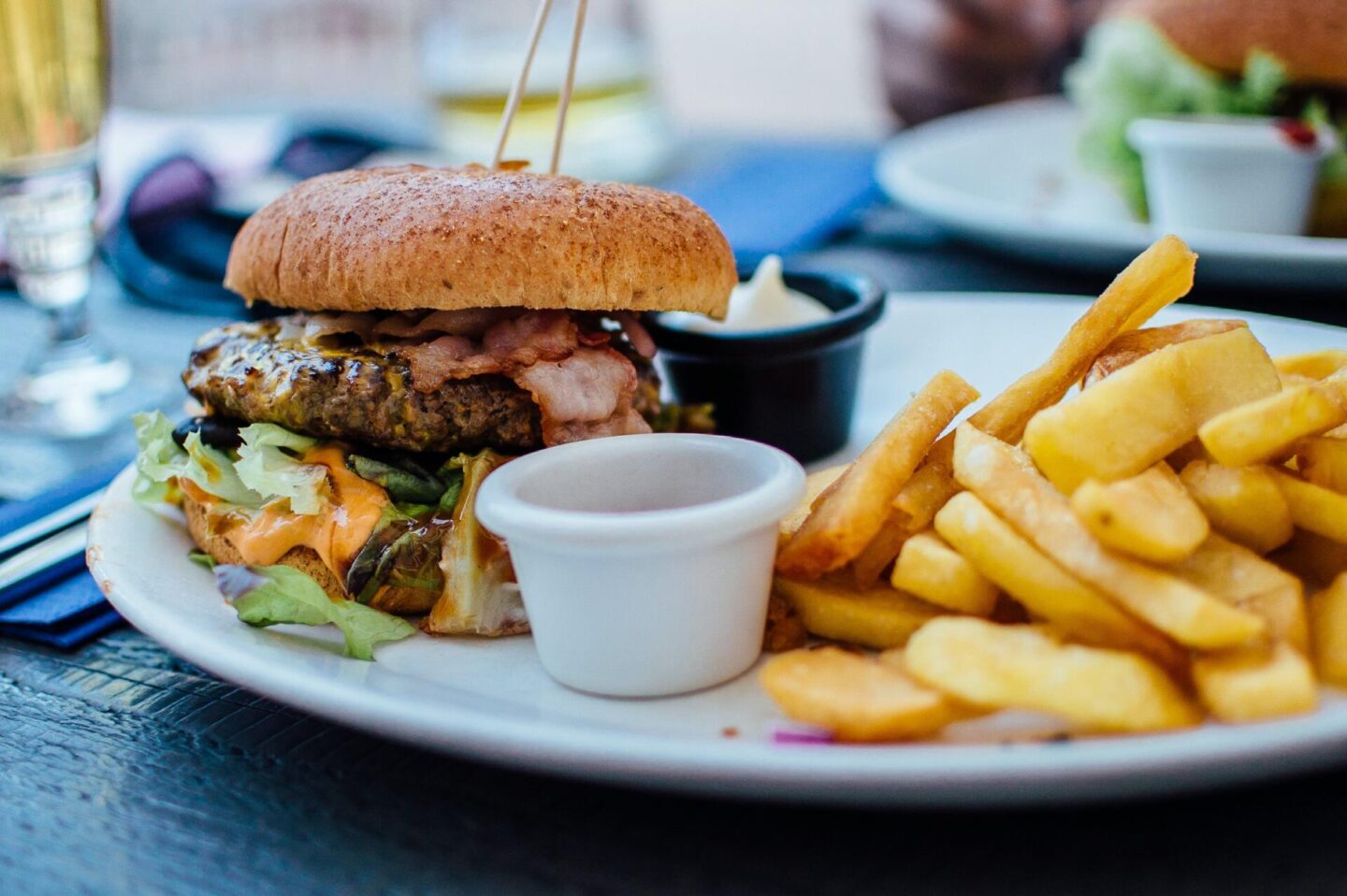
The foodie phenomenon is a multilateral one, which – while extant in metropolitan centres in the late 1900s, really took off in the global Millennium, as an ever-expanding roster of cuisines became available to the average Joe. Today, foodie-ism. Private dining enthusiasts share the name with social media extroverts, and even at-home culinary adventurers. But what is it, and how has it impacted the wider hospitality industry?
What is Foodie Culture?
‘Foodie culture’ describes the current iteration of a phenomenon that has existed for decades – and which enjoyed a meteoric rise in the turn of the Millennium. The term ‘foodie’, coined by a food writer in New York but truly defined by authors Ann Barr and Paul Levy in 1984, refers to someone who doesn’t necessarily know their food, but certainly loves it.
Foodies are not in the business of earnest critique, nor pure gluttony; rather, they treat eating, whether exploring new restaurants or new cuisines, as a form of hobby. Of course, foodie-ism naturally engenders knowledge, as food explorers learn their way around refreshing menus and food cultures alike.
Industry Impacts
While the shape of the hospitality industry had some initial influence over the proliferation of foodie culture, far greater has been the impact of foodies on the industry – in both positive and negative ways. Positively speaking, foodie culture has created a fresh appetite amongst regional populations for cuisines of all kinds – and generated a profound amount of custom in the process.
However, foodie-ism also encompasses some darker corners of hospitality and consumer society. For one, a small percentage of those that consider themselves foodies consider themselves experts, or even critics – leading to a new era of entitled customers with unreasonably high standards for the places they do visit.
Foodie culture’s social media element has also had an impact on the way businesses advertise themselves, and even decide their menus. In a world where images have become important social markers, food that looks good outperforms food that tastes good; as a result, short-lived ‘stunt food’ outlets frequently beat genuine restaurants to key slices of the market.
What It Takes to Build a Foodie Mecca
But even with those potential negatives, there are opportunities aplenty for new businesses to make the most of the foodie demographic. Building a foodie mecca is not the easiest of tasks but could be a strong route to building a meaningful brand.
First, you will need to understand the logistics of running a food-led business. Your premises will need restaurant insurance to cover both staff and patrons in the event of an incident; you will need various licenses to sell food and alcohol, and your kitchen will need to be inspected by the Food Standards Agency. This is to say nothing of your restaurant’s business structure.
Most important of all to your business’ success, though, is your niche. Foodie culture encompasses all cuisines, but those with the most vibrant colours or theatrical servings often perform the best in digital spaces. Bright foods and pungent aromas grab attention, whether haute cuisine or street food.

